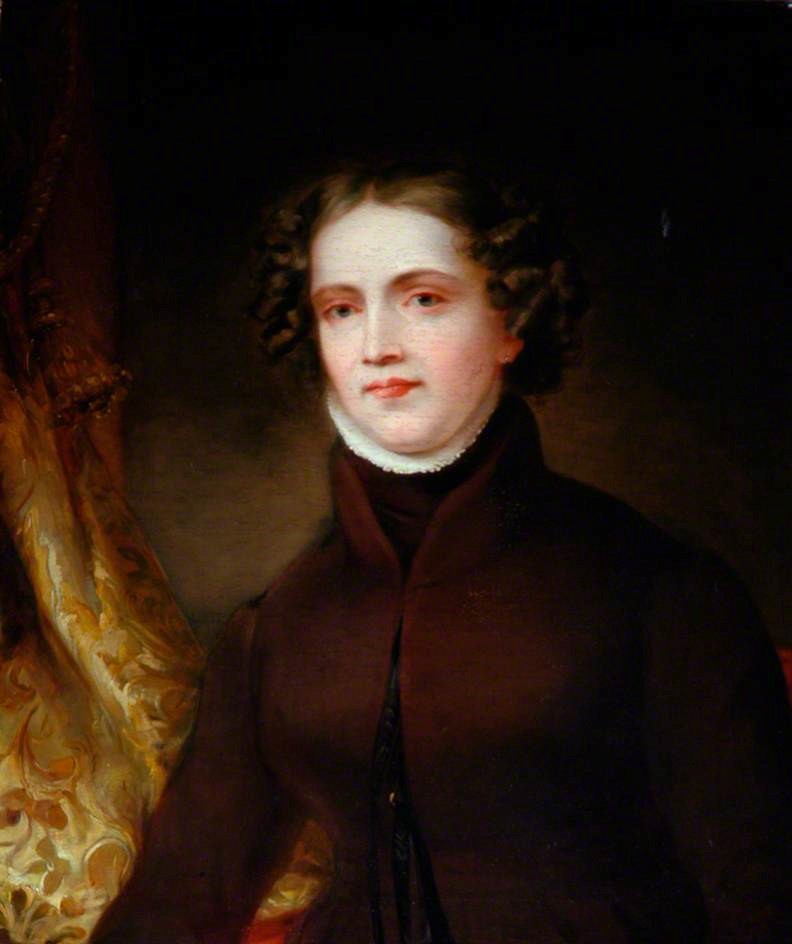Anne Lister’s Queer and Natural History
Posted on 19 February 2021

This research seminar was presented as part of the programme for the University of York's LGBT+ History Month events. For more information and links to other events, please check the LGBT+ History Month webpages:
www.york.ac.uk/about/equality/
The Zoom recording is available on this link, with the passcode U$p$#2HP.
Abstract
What intellectual traditions did the Yorkshire polymath and diarist Anne Lister (1791-1840) draw upon to chart her singular path as a landowner, traveler, and undaunted lover of women? Against the long-standing force of charges that some behaviors (sexual and otherwise) are “unnatural,” Anne Lister grounds an astonishing personal confidence squarely in an argument about nature. As a close student of natural history, she read nature as providing a rationale rather than setting a general prohibition or quasi-juridical bar against ways of being that she had reason to consider fairly unusual, if not quite unique. Indeed, Lister’s interpretation of nature provided her not only a lens, or even a mere permission, but instead a persistent authorization of who she saw herself to be, of what she called “my ways.” Rather than seeing herself as turning away from nature or somehow violating its laws, she was doing the opposite: she was following natural prescriptions. “Odd,” surely, and “queer” in broad and narrow senses – but not exactly “deviant.” How, then, did Lister understand nature, itself one of the richest concepts in the history of ideas? What intellectual, scientific, and theological resources made this reading of nature available to her, and what innovations did she forge by so conjoining the queer and the natural?
With a brief account of the classically-derived tradition of natural history and passing through the Shakespeare’s phrasings along the way, this lecture will explore Lister’s brilliant synthesis of theology, Latin poetry, and natural history to naturalize her “ways” – to the point where she could assert “when we leave nature, we leave our only steady guide, and, from that moment, become inconsistent with ourselves” as a kind of queer motto. One last, larger stake in this inquiry thus concerns whose side nature might actually be on in debates about gender and sexuality – and when. If nature itself could serve so well to authorize her queer embodiment, what new arguments about natural authority and cultural membership might Anne Lister’s diaries bequeath to present-day readers?
Image: Portrait of Anne Lister (1791-1840), by Joshua Horner, ca. 1830

